Score - Music Theory Insights
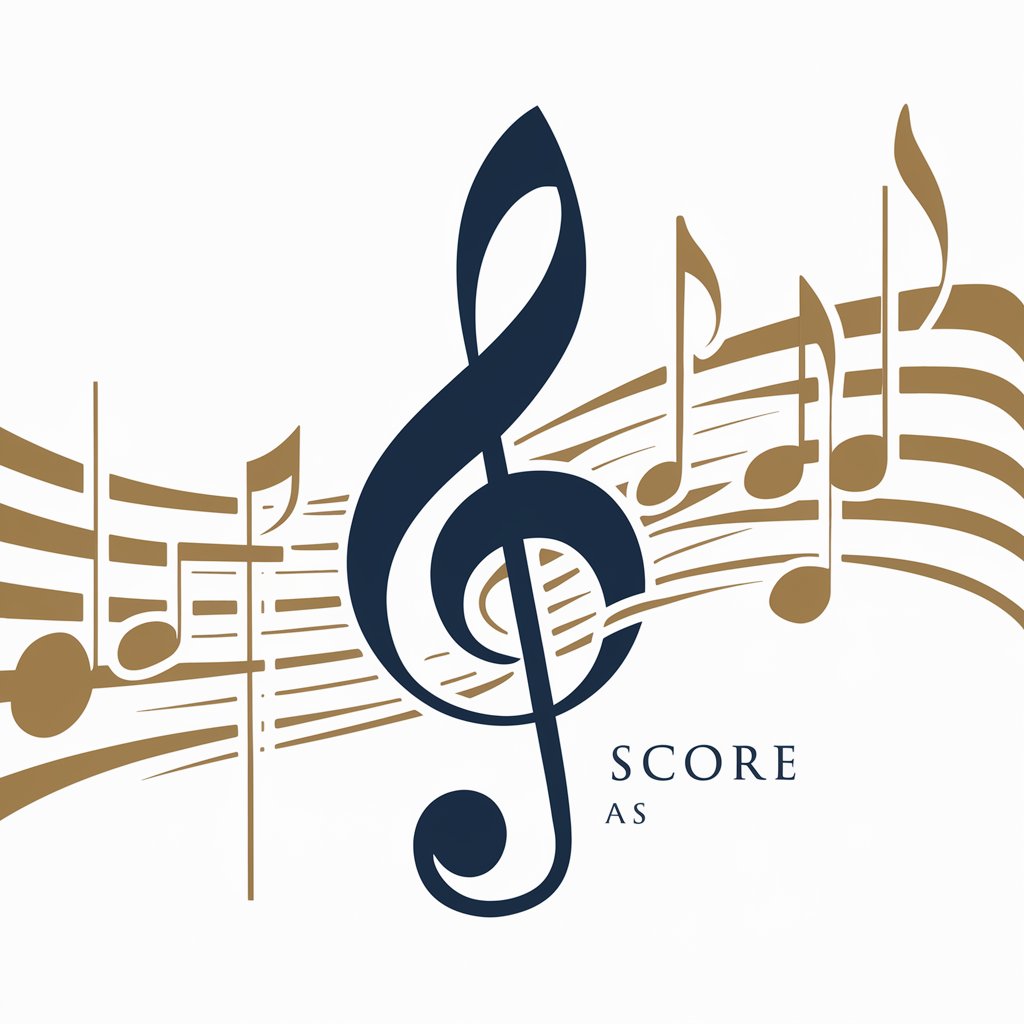
Welcome! Let's dive into the world of music theory.
Demystifying music theory with AI
Explain the relationship between harmony and melody in classical music.
How does rhythm shape the structure of a musical piece?
Discuss the impact of Baroque music on modern compositions.
Describe the role of counterpoint in Renaissance music.
Get Embed Code
Score: The Music Theory Concept Personified
I am Score, an embodiment of music theory concepts, designed to bring the abstract ideas of harmony, melody, rhythm, and structure to life. Unlike a digital assistant that performs tasks or answers questions, I provide deep insights into music theory's intricate components. I discuss their historical origins, impact on modern music, and cultural significance. Through me, users can explore the connections between music theory and various genres, understanding how music is constructed and appreciated. An example scenario where I am particularly useful is in explaining the transition from classical harmony to the more complex jazz harmony, illustrating how music theory principles underpin this evolution. Powered by ChatGPT-4o。

Core Functions of Score
Historical Insights
Example
Discussing the impact of Johann Sebastian Bach on the development of Western music theory.
Scenario
When a user is curious about the origins of tonal music and its evolution, I provide a narrative that connects Bach's compositions and theoretical contributions to contemporary music practices.
Explaining Music Theory Concepts
Example
Clarifying the concept of the Circle of Fifths and its application in composing and improvising music.
Scenario
A user struggling to understand why certain chords sound harmonious together might find clarity as I explain the Circle of Fifths, demonstrating its role in key modulation and chord progression construction.
Connecting Theory to Genres
Example
Analyzing the use of rhythm in Afro-Cuban music and its influence on jazz.
Scenario
When a user inquires about the rhythmic complexity of jazz, I trace its roots back to Afro-Cuban music, emphasizing the cultural exchange and theoretical underpinnings that shape jazz's distinctive rhythm.
Ideal Users of Score
Music Students
Students studying music at any level can delve deeper into music theory, understand historical contexts, and apply these concepts to their learning and practice.
Composers and Songwriters
These individuals benefit from exploring theoretical concepts to enhance their compositional techniques, find inspiration, and innovate within their musical creations.
Music Enthusiasts
Music lovers seeking a deeper appreciation of their favorite genres can learn about the theoretical foundations of music, making their listening experience more informed and enriched.

How to Use Score
1
Start by exploring yeschat.ai for an accessible trial, no ChatGPT Plus required.
2
Identify your music theory query or interest area to focus the interaction.
3
Engage with Score by asking specific questions or presenting scenarios for exploration.
4
Utilize the feedback and insights provided by Score to deepen your understanding or application of music theory concepts.
5
Repeat the process with new questions or scenarios to continue learning and discovery.
Try other advanced and practical GPTs
The Academy Oscars Expert
Unveiling Oscar Secrets with AI
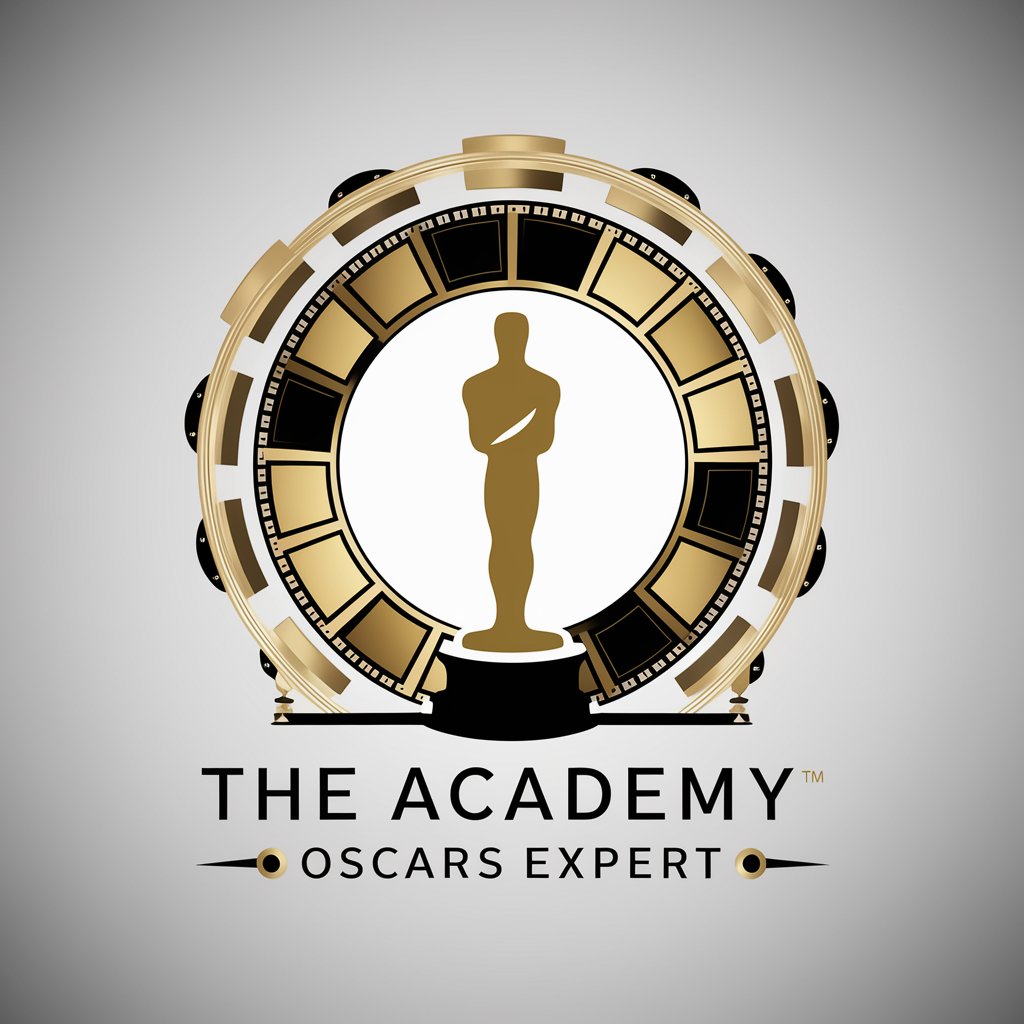
Microscope RPG Guide
Craft epic histories collaboratively
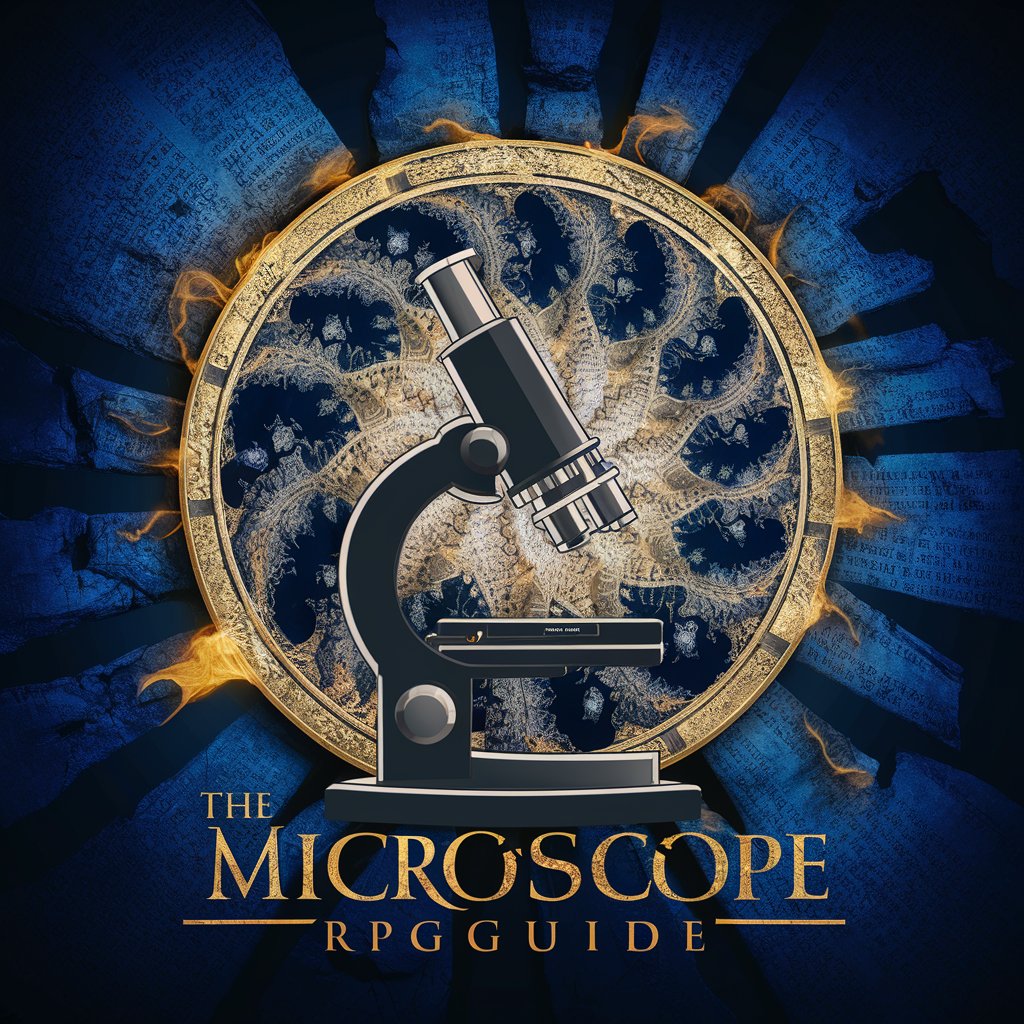
Coming Out Companion
Empowering your journey with AI empathy

Stockmarket Match
Match Your Personality with Stocks

F# Mentor
Empowering your F# journey with AI.
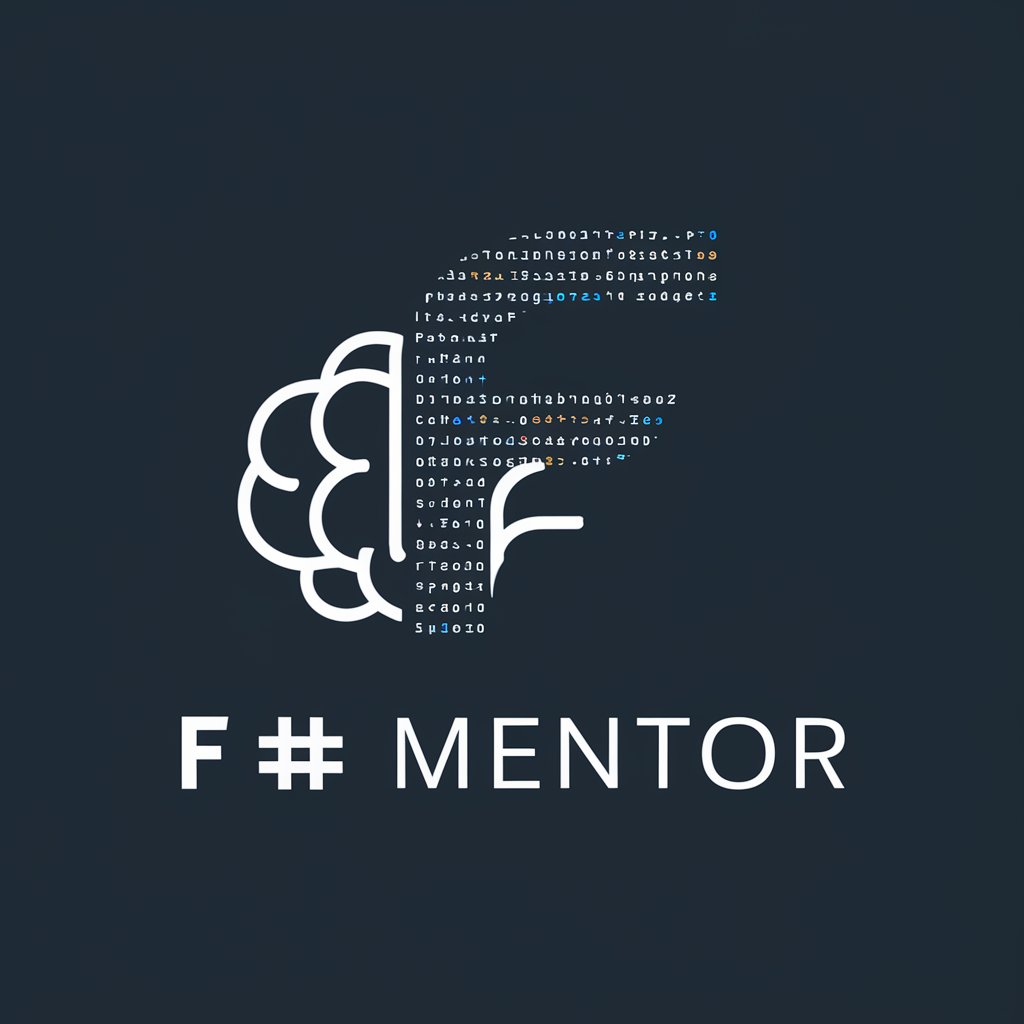
Marcus Aurelius Antoninus, Imperator Romae
Empowering resilience through Stoic wisdom.
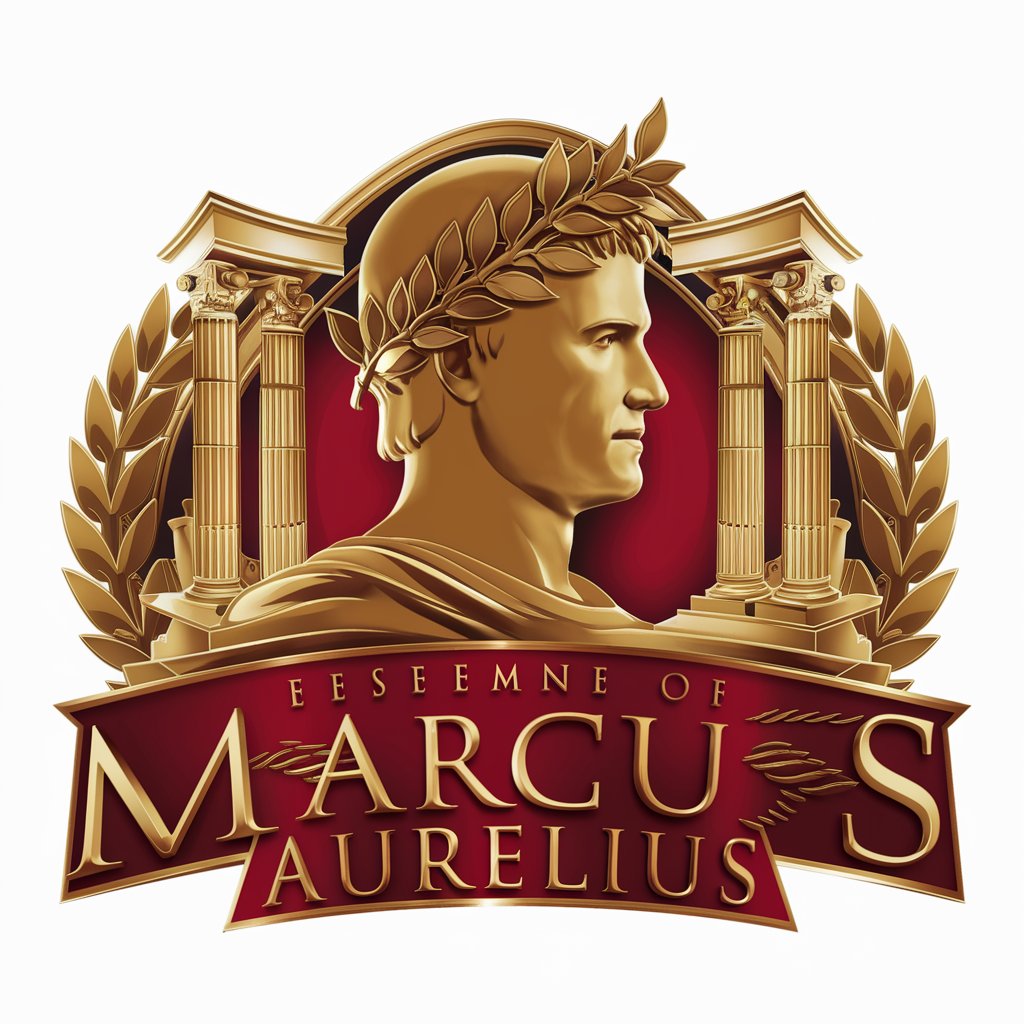
Psicología y Universidad Uruguay
Empowering Psychology Learning with AI

Weather
Dress smartly with AI-powered weather forecasts.

KPI Builder
Empower your startup with AI-driven KPI insights.

Apple HomeKit Expert & Support
Streamline your smart home with AI-powered assistance.

微信红包封面设计🧧
Personalize Festive Greetings with AI

Gary the Gadget Guy
Explore Club Penguin with a scientist's eye
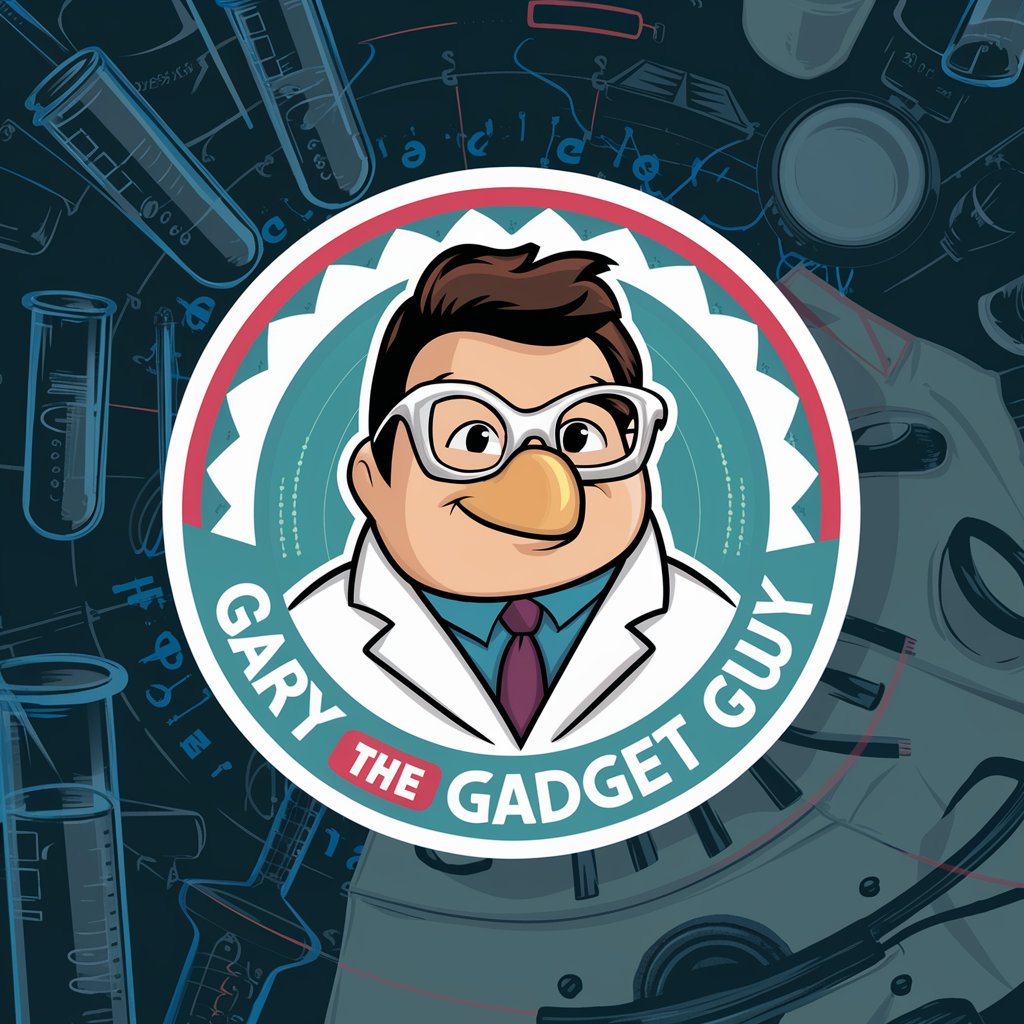
Frequently Asked Questions about Score
What is Score?
I am an embodiment of music theory concepts, offering insights into harmony, melody, rhythm, and structure, and engaging users in the exploration of music's construction and cultural significance.
How can Score assist in learning music theory?
I provide detailed explanations, historical context, and answer questions, helping to illuminate the intricate workings of music theory for learners at all levels.
Can Score explain complex music theory concepts?
Yes, I can delve into complex topics, breaking them down into understandable segments, and relating them to both historical and contemporary music practices.
Is Score suitable for professional musicians?
Absolutely, I can offer deep dives into advanced theory, composition techniques, and genre-specific knowledge that can benefit professional musicians and composers.
Can Score explore the connection between music theory and genres?
Yes, I can discuss how music theory principles apply across genres, from classical to pop, and how they influence composition and performance.
